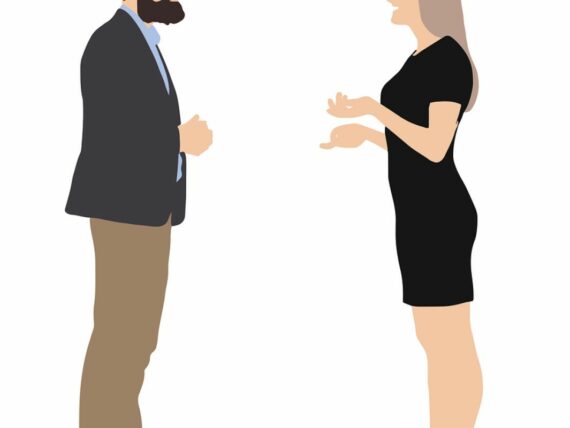Burnout And Bullshit: The Week’s Best Psychology Links
BPS Research Digest
Our weekly round-up of the best psychology coverage from elsewhere on the web
Menopause involves the brain, not just the ovaries — and more research is needed to understand these neurological effects. This work could help doctors improve treatment for the symptoms of menopause, and even aid in our understanding of diseases like Alzheimer’s, explains Kim Tingley at The New York Times.
How have lockdowns and social distancing affected our memory? Julia Shaw takes a look at BBC Science Focus.
A recent study found that people who are good at “bullshitting” tend to be more intelligent. At The Observer, Ian Tucker interviews researcher Martin Turpin about the intriguing results (and see also our recent story on whether you can bullshit a bullshitter…)
It’s great that we’re increasingly recognising the problem of burnout at work — but we need to actually make systematic changes that tackle the issue across the workforce, argues Victoria Turk at Wired. As we figure out what the future of work will look like post-Covid, we need to grapple with the inequalities and organisational failures that lead to people burning out.
How does the development of motor skills relate to the development of language? New Scientist has a short video on work comparing the motor abilities of chimps and children. The researchers hope that a better understanding of typical motor development and how this relates to language skills will ultimately lead to early detection of those at risk of language difficulties.
Humans aren’t the only creatures to play with each other — many animals learn new skills through play. At Scientific American, Caitlin O’Connell recounts her experiences watching elephants play, and explains how vital it is to their development.
Can dogs understand when someone is lying or being deceptive? That’s the claim of a new study, which Christa Lesté-Lasserre covers at New Scientist.
Even though we generally seek out positive experiences, when it comes to charitable giving we are willing to put ourselves through pain and discomfort (think of the ubiquitous charity marathon) — and we will even pay for the privilege of doing so. Actions that require more pain and effort also attract more donations, researchers have found, and it all comes down to something called the “martyrdom effect”, explain Gary Mortimer and colleagues at The Conversation.
Compiled by Matthew Warren (@MattBWarren), Editor of BPS Research Digest
Go to Source
July 23, 2021 – 3:02 pm /BPS Research Digest
Twitter: @hoffeldtcom
About Admin
As an experienced Human Resources leader, I bring a wealth of expertise in corporate HR, talent management, consulting, and business partnering, spanning diverse industries such as retail, media, marketing, PR, graphic design, NGO, law, assurance, consulting, tax services, investment, medical, app/fintech, and tech/programming. I have primarily worked with service and sales companies at local, regional, and global levels, both in Europe and the Asia-Pacific region. My strengths lie in operations, development, strategy, and growth, and I have a proven track record of tailoring HR solutions to meet unique organizational needs. Whether it's overseeing daily HR tasks or crafting and implementing new processes for organizational efficiency and development, I am skilled in creating innovative human capital management programs and impactful company-wide strategic solutions. I am deeply committed to putting people first and using data-driven insights to drive business value. I believe that building modern and inclusive organizations requires a focus on talent development and daily operations, as well as delivering results. My passion for HRM is driven by a strong sense of empathy, integrity, honesty, humility, and courage, which have enabled me to build and maintain positive relationships with employees at all levels.





